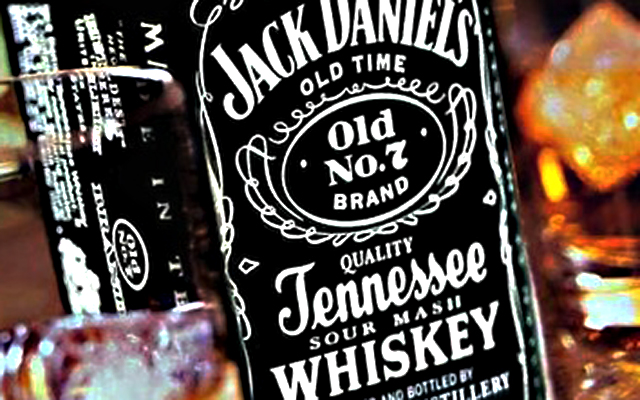Secure your place at the Digiday Media Buying Summit in Nashville, March 2-4

All brands are trying to find their own ways in social media. For those in regulated industries, however, it can be a tougher journey.
Take the alcohol industry, where simple social media actions like responding to a question on Instagram are an impossibility for fear of running afoul of under-21 marketing rules. Even Twitter’s 140-character limit is a problem for brands that include a drink responsibly message with tweets. After all, every character counts.
Carmen D’Ascendis, director of global marketing for Jack Daniel’s, explains how the liquor brand tackles these limitations.
What are some challenges that liquor brands, specifically, face in social media?
It is a combination of things. The first is that it’s a multi-step process to figure out which social media platform to use. It all starts with the age of the average viewer of that platform. In the U.S., you need 71.6 percent or greater of the user base to be 21-plus. That gives you the right to be on the platform, and you can post stuff. You can’t follow people or reply to their comments on your content. The second step is age affirmation. So Facebook and Twitter obviously have this, and so there, we can have a two-way dialogue with our followers. Instagram only just recently met the first requirement. We don’t have an Instagram, but if we did, we could not follow anyone back and we would not be able to talk back to people.
Can’t people just lie about their age?
They could. It’s a lot like using a fake ID to get into a bar. Working with Facebook and Twitter, there is a belief that people are being honest about who they are and their age. We are comfortable with Facebook’s and Twitter’s systems that they meet the first and second hurdles. It’s very similar to going to our website, where you have to confirm how old you are. People can lie about that.
Which platform are you having the most trouble with?
Each platform presents its own challenges. On Twitter, the text field is small, and as part of our commitment to corporate responsibility, we include our drink responsibly statement, leaving little room to say much. Then there are trademark statements we’d like to include as well. It goes beyond just the legal issues because we have corporate mandates as well.
How do you make social media work for you?
First, figure out what your strategy is, because you may not have to be on Instagram.
For us, Pinterest, for example, is predominantly female and the Jack Daniel’s fan is predominantly male, so it doesn’t make sense for us to be there. Same with Foursquare, the demographics just don’t match up. So we’re not going to waste time and figure out the legal bits there. Just because it’s new and hot does not mean it is right for you.
What do you do to make sure your social media managers are obliging to your own corporate laws and the laws of the industry?
We have insourced our community management because it is too important to outsource. We have a thoroughly important training process where they learn about the brand, but they also get a better understanding of the industry and the company’s code of conduct and marketing principles. It’s something all brands in our industry should be doing.
More in Marketing

Pitch deck: Why Amazon believes its premium streaming inventory is worth the money
Amazon is pitching its DSP to make the case.

In Graphic Detail: The state of the marketing agency sector
Revenue figures from Omnicom, Publicis and Havas, and new employment stats, offer a snapshot on a quickly evolving industry.

Future of Marketing Briefing: The mental gymnastics of principal media
Welcome to the psychological CrossFit class of modern marketing. Here’s how marketers are learning to move through it.





